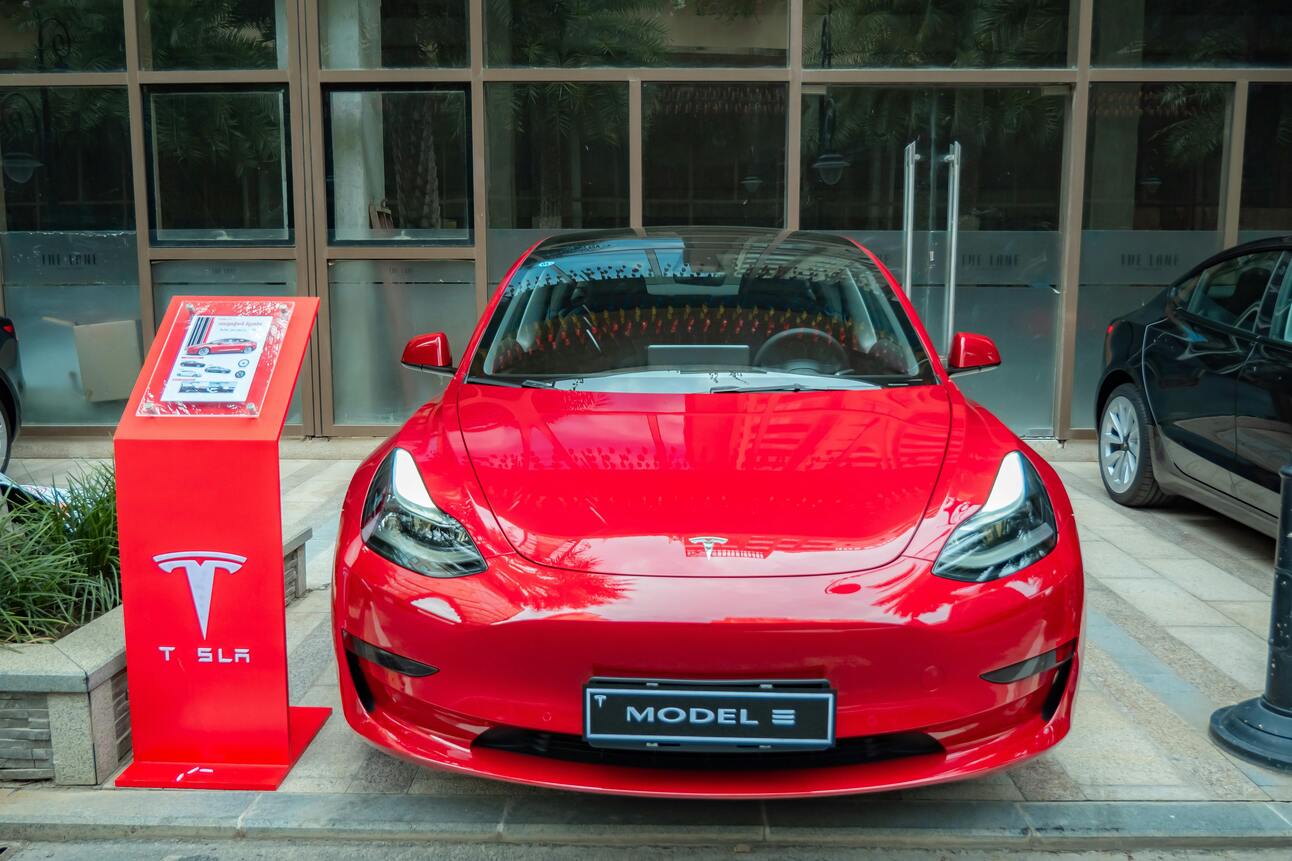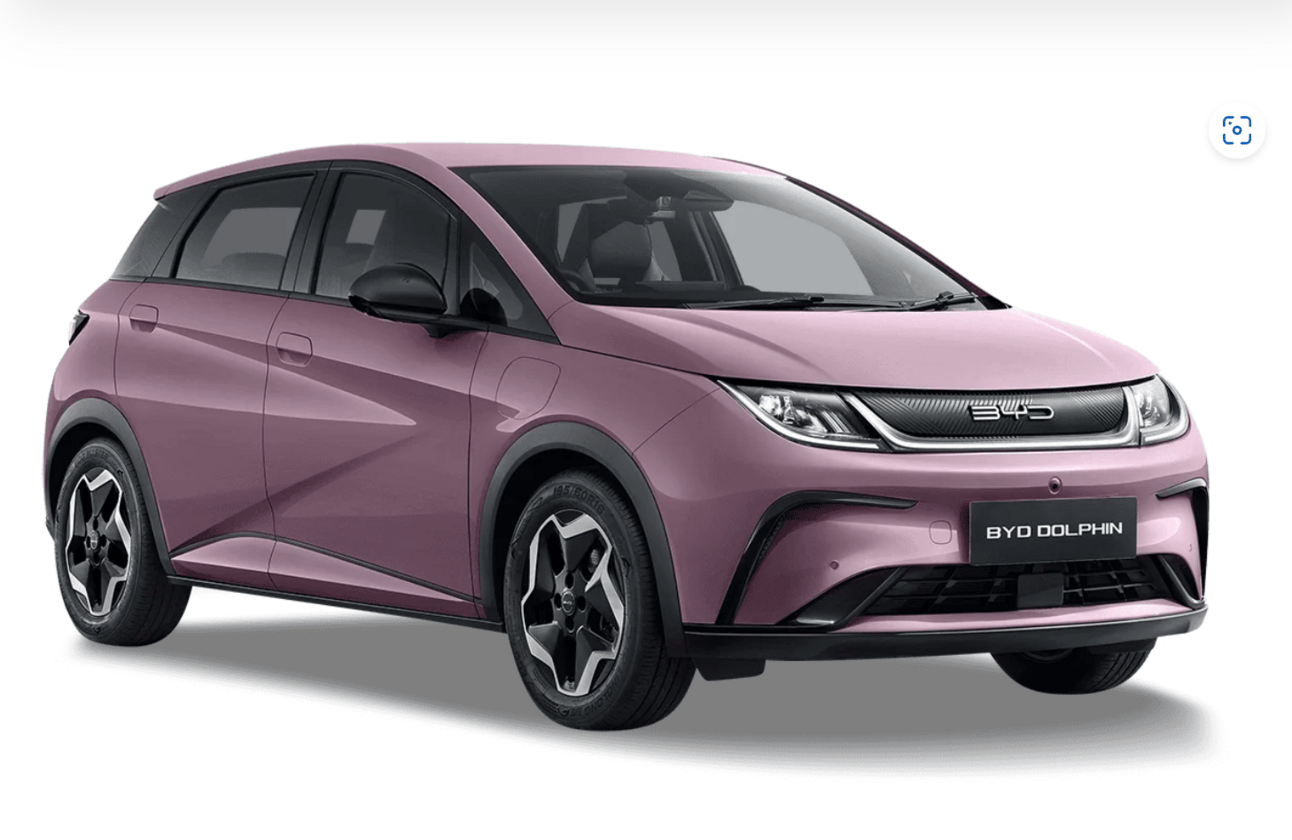- AiartGallerie(Invest)'s Newsletter
- Posts
- Tesla’s Strategic Moves in China
Tesla’s Strategic Moves in China

Elon Musk’s recent visit to China was a strategic move aimed at strengthening Tesla’s foothold in the world’s largest EV market. During his visit, Musk met with several high-ranking officials and discussed various topics, including Tesla’s future plans in China, the regulatory environment, and the potential for collaboration in areas such as technology and infrastructure development.
Musk’s visit also coincided with Tesla’s announcement that it had received tentative approval to deploy its Full Self-Driving (FSD) system in China. This approval is a significant milestone for Tesla, as it paves the way for the company to introduce its advanced autonomous driving technology to the Chinese market. The approval also signifies the Chinese government’s confidence in Tesla’s technology, which could potentially boost the company’s reputation and sales in the country.
However, the deployment of FSD in China also presents several challenges for Tesla. For instance, the company will need to ensure that its FSD system can effectively navigate China’s complex road conditions and traffic rules. Moreover, Tesla will also need to address concerns related to data privacy and security, which are key issues in China’s regulatory environment.
Understanding Self-Driving Technology
Self-driving technology is a key component of Tesla’s strategy. The Society of Automotive Engineers (SAE) defines six levels of driving automation, ranging from 0 (fully manual) to 5 (fully autonomous). These levels describe the extent to which a car can self-drive, and how much human intervention is required.
Level 0 represents no automation, where the driver performs all driving tasks. Level 1, also known as driver assistance, involves the vehicle providing either steering or braking/accelerating support. Level 2, or partial automation, involves the vehicle providing both steering and braking/accelerating support. However, the driver must always be ready to take control of the vehicle.
Level 3, or conditional automation, involves the vehicle performing all driving tasks under certain conditions, but the driver must be ready to take control when the system requests. Level 4, or high automation, involves the vehicle performing all driving tasks, even if the driver does not respond to a request to take control. However, this level of automation is limited to certain areas or conditions. Finally, Level 5, or full automation, involves the vehicle performing all driving tasks, under all conditions, without the need for a driver.
Tesla’s FSD system is currently at Level 2, but the company is aiming to achieve Level 5 automation. The deployment of FSD in China represents a significant step towards this goal.
Why Tesla Chose Baidu as Its Map Partner

Tesla’s partnership with Baidu is a strategic move to enhance its FSD system. Baidu is a major internet search company in China and has extensive experience in mapping and autonomous driving technology. By partnering with Baidu, Tesla can leverage Baidu’s expertise and resources to improve its FSD system.
Baidu’s mapping license allows Tesla to collect data on China’s public roads, which is crucial for the operation of its FSD system. This data can help Tesla’s FSD system understand the road environment, recognize traffic signs and signals, and make accurate driving decisions.
Moreover, Baidu’s lane-level navigation system can provide precise positioning information, which is essential for autonomous driving. By integrating Baidu’s navigation system into its vehicles, Tesla can ensure that its vehicles can accurately follow the planned driving route and avoid potential hazards.
Competitive Landscape in the EV Market
Tesla faces competition from various automakers in China, the US, and other countries. In China, companies like BYD and NIO are key competitors. These companies have made significant strides in the EV market and have launched several popular models. Moreover, these companies have strong support from the Chinese government, which is actively promoting the development of the EV industry.
In the US, traditional automakers like Ford and General Motors are ramping up their EV efforts. These companies have launched several new EV models and are investing heavily in EV technology and infrastructure. Moreover, these companies have a strong brand presence and extensive dealership networks, which could pose a challenge to Tesla.
Globally, Volkswagen and Stellantis are among the top EV manufacturers. These companies have a broad product portfolio and a strong presence in several key markets. Moreover, these companies are investing heavily in EV technology and infrastructure, which could help them compete with Tesla.
Other Promising EV Companies

Apart from Tesla, there are several other EV companies worth considering. BYD, a Chinese conglomerate, is the largest EV company based on the number of EVs it manufactured in 2022. The company has a broad product portfolio, ranging from compact cars to buses, and has a strong presence in the Chinese market.
NIO, another Chinese company, is also making significant strides in the EV market. The company is known for its high-performance SUVs and its innovative battery swapping technology. Moreover, NIO has a strong brand presence and a loyal customer base, which could help it compete with Tesla.
In the US, Rivian and Lucid Motors are emerging as strong contenders. Rivian is known for its electric pickup trucks and SUVs, which are popular among outdoor enthusiasts. On the other hand, Lucid Motors is known for its luxury electric sedans, which are seen as a direct competitor to Tesla’s Model S.
These companies are innovating in various areas, including battery technology and autonomous driving, making them worth watching in the evolving EV landscape.
Conclusion
While Tesla continues to be a dominant player in the EV market, the landscape is rapidly evolving with new entrants and technological advancements. Investors need to keep an eye on these developments to make informed decisions. As the EV revolution accelerates, it will be interesting to see how Tesla and other EV companies navigate this dynamic market.
Stay Ahead of AI Technologies and Stocks Investment – Subscribe Today!

Stay ahead in the dynamic world of AI technologies and stock investments by subscribing to our newsletter. We deliver the latest insights and trends in AI and the financial markets directly to your inbox. Keep informed about the revolutionary advancements and investment opportunities that are reshaping our digital and economic landscapes.
Looking forward to our next update,
AiartGallerie
Reply